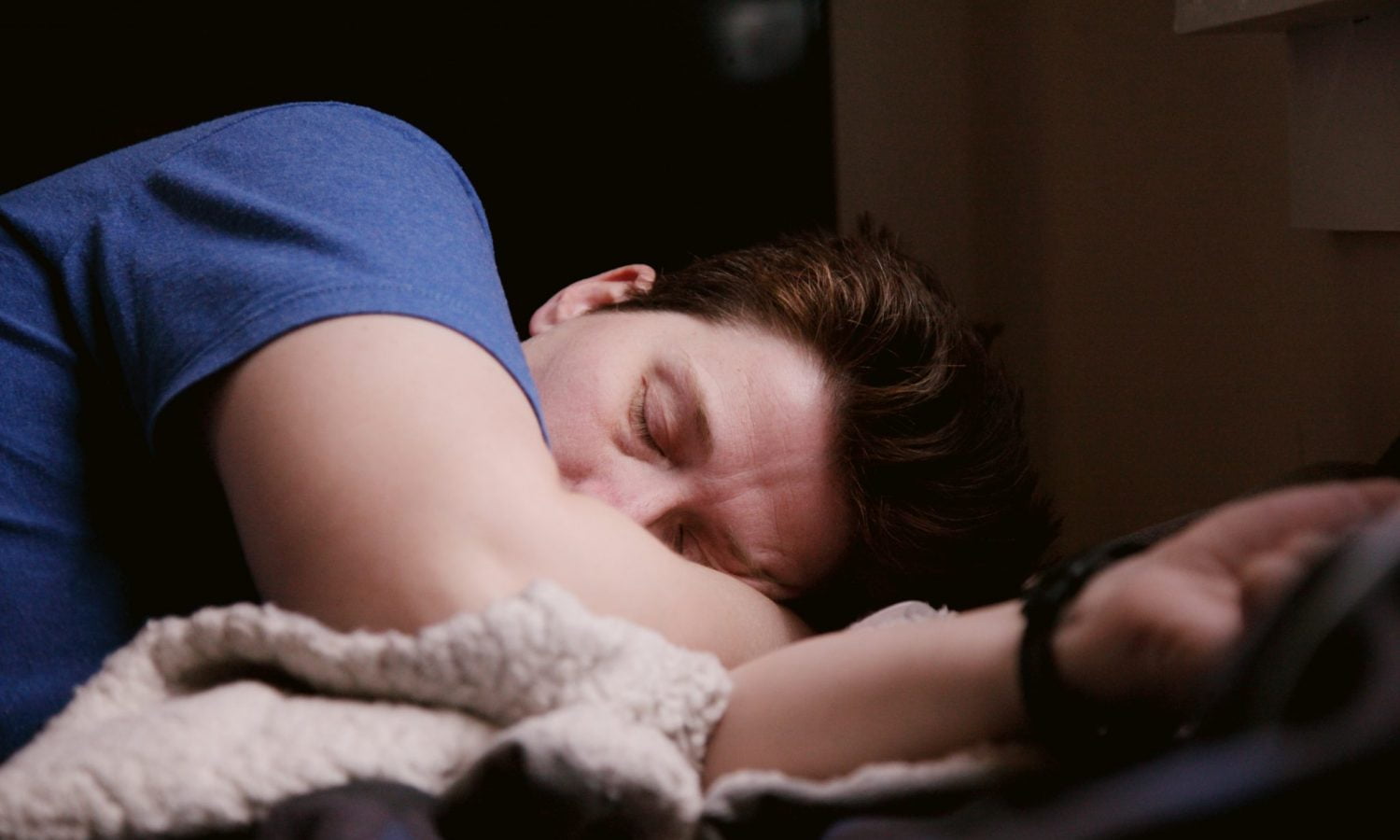Poor sleep has been linked to cardiovascular conditions, mental health disorders and more. Now, a new study reveals a connection to a dangerous disease.
Getting a solid amount of sleep is a challenge for many, especially as we near the stress-filled holidays and family gatherings. According to the National Institutes of Health, it’s estimated that 50 to 70 million Americans are experiencing sleep-related problems. These problems are not only annoying, they impact factors that range from your weight to your mood.
Now, researchers have found another aspect affected by poor sleep: diabetes.
A new study, published in the journal Nature and Science of Sleep, collected data from over 80,000 adults with a median age of 62. Participants who regularly slept under 5 hours were 58% more likely to suffer from diabetes when compared to participants who slept between 7 and 8 hours a night.

RELATED: Let’s Talk About Why Sleep Is Important — And How To Get Some
Irregular sleep patterns were linked with heart disease as well. “Those who sleep <5 hours/night are 36 percent, 25 percent, 33 percent, 27 percent, 37 percent and 36 percent more likely to have hypertensive diseases, ischaemic heart diseases, pulmonary heart diseases, cerebrovascular heart diseases, other forms of heart diseases, and diseases of arteries, arterioles, and capillaries, respectively,” explain the authors of the study.
RELATED: How Sleep Deprivation Triggers The Munchies Just Like Marijuana
Aside from this, the study also found that poor sleep correlates to an increased risk of mental health and mood disorders, by 106% and 44% respectively. These results have been echoed in a variety of studies.
According to the National Alliance on Mental Illness (AMNI), sleep issues are signs or side effects of a variety of mental health conditions, like bipolar disorder and depression. Insomnia cases are 50% of the time related to depression, anxiety, and psychological stress.
RELATED: These People Increase Their Risk Of Dementia By Sleeping Too Little
Sleep is one of those things that we tend to sacrifice when life gets in the way, putting our work and social life ahead of it in order to accomplish the things we want to get done. This is understandable. While the occasional sleepless night may not be crippling, sleep is a very delicate activity, one that’s necessary for our functioning and that can be easily disrupted. Dozens of experts have said that prioritizing it can only impact us for the better, resulting in a healthier mind and body.


